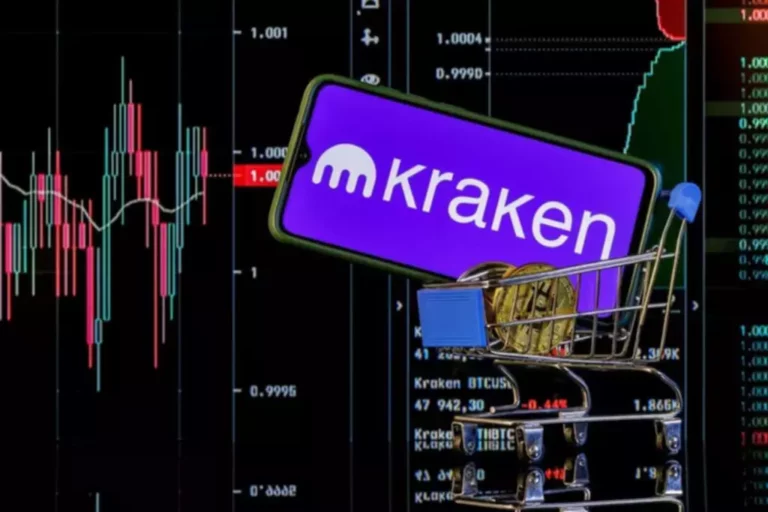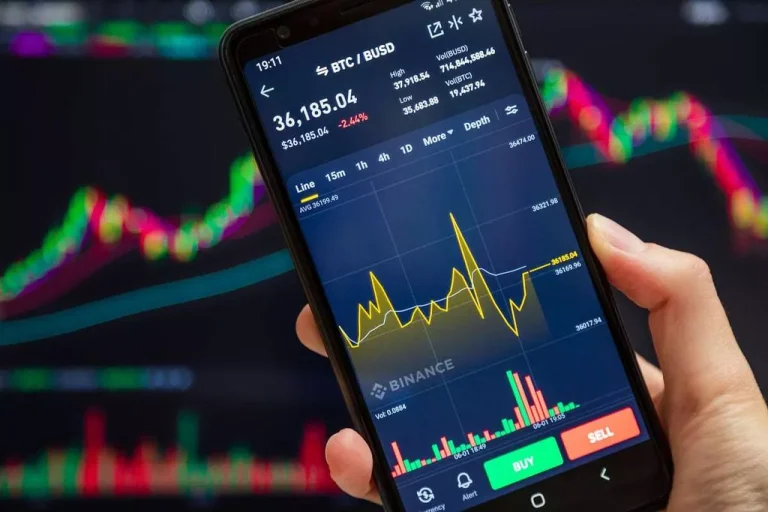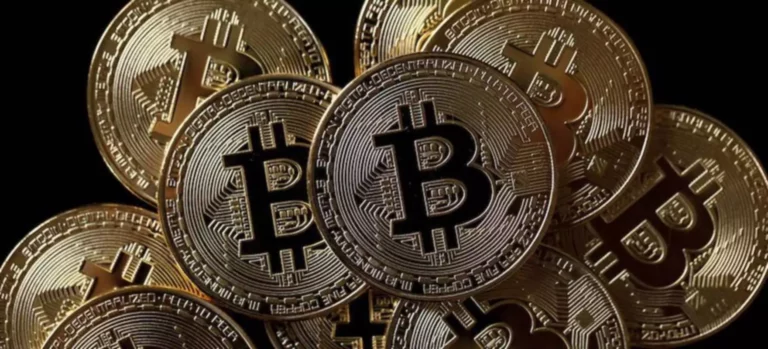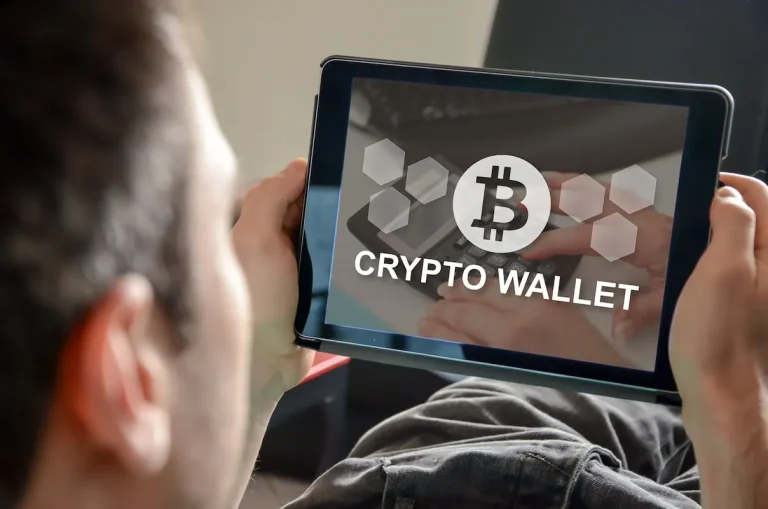How to Create a Crypto Wallet in 5 Easy Steps 2024
Customers prefer not to input credit card details on mobile devices during checkout manually. By accepting digital wallet payments for mobile purchases, businesses avoid abandoned carts and enjoy higher conversion rates. Similar to self-custody wallets, hardware walletstypically donot allow you to purchase crypto using traditional currencies (such as USD or EUR), so you’ll need to transfer crypto to your wallet.
These algorithms employ complex mathematical calculations that make it extremely difficult for malicious parties to guess or derive private keys from their corresponding public keys. This cryptographic layer adds an extra level of security to protect against unauthorized access or theft. While wallets aren’t tied to the actual identity of a user, all transactions are stored publicly and permanently on the blockchain.
What are cold and hot wallets?
Monitor user feedback and conduct thorough testing to identify and address these issues promptly. You can employ a combination of automated and manual tests to evaluate the app’s performance. As you may release your app on various platforms, comprehensive testing should cover a range of devices and operating systems. Which one is right for you depends on what you want to do with your cryptocurrency and what kind of safety net you want to have.
The wallet supports Atomic Swaps, a cutting-edge feature that helps users significantly save on fees. Atomic wallet also enables users to buy cryptocurrency with USD and EUR and exchange their assets at the best rates via Changelly or ShapeShift. Non-custodial crypto wallets are the type of storage option preferred by many crypto enthusiasts because they place you in control of your own private data. Unlike when you keep assets on a cryptocurrency exchange, with a non-custodial wallet, you don’t have to trust a third party to secure your private keys.
Best Hardware Wallets
If you follow the “three reminder taps” rule whenever going out — phone, keys, wallet — a crypto wallet is a bit simpler. It’s either always with you on your mobile device or laptop, or it stays at home on your desktop or hardware device. Hardware wallets have a reputation for being more complicated to set up and use. Of course, that depends on the device you choose, but the basic steps aren’t much more complicated than what we’ve discussed for software wallets. Setting up a custodial or hosted wallet is straightforward. The most important part is finding a trusted exchange; just make sure to check if there are any restrictions on your crypto from the wallet provided by the platform.
Just read the captivating articles offered by the crypto media, according to your interests. Answer the following questions to create a list of wallets that meet your needs. Select a wallet to store your bitcoin so you can start transacting on the network. By using tokenized card details, retailers do not have access to your actual card number, minimizing the risk of fraudsters viewing or using your financial information.
Buy, store, send and swap tokens
Ethereum wallets are applications that give you control over your account. Just like your physical wallet, it contains everything you need to prove your identity and handle your assets. Your wallet allows you to sign in to applications, read your balance, send transactions and verify your identity. Some wallets, by design, only support a limited number of cryptocurrencies, while others support a wider range of digital assets. It’s important to ensure that your wallet supports all the digital currencies you plan to invest in, not just the most popular ones.
Remember to write down store a recovery phrase offline, it’s essential for reaching your funds if you lose the device or forget your password. A Bitcoin Cash wallet address is your unique ID for receiving BCH tokens. Anyone with that address can send you funds, but spending them still requires your private key.
Crypto: Earn UCO by reading on Cointribune!
This leads us to a quick discussion of custodial versus non-custodial crypto wallets. One option is a software wallet or hot wallet that stores your crypto on an internet-connected device that you own. Want to store, send, accept, stake, or trade cryptocurrencies? With Cryptomus it’s all possible — sign up and manage your cryptocurrency funds with our handy tools.
- Open wallets offer unparalleled convenience and might include additional features like expense tracking and reward point accumulation.
- A hot wallet is connected to the internet so that you can access it online.
- Analyze your competitors to identify their strengths and weaknesses, enabling you to develop unique features that set your app apart.
- Unlike when you keep assets on a cryptocurrency exchange, with a non-custodial wallet, you don’t have to trust a third party to secure your private keys.
Whether you choose a software, hardware, or paper wallet, this guide will help you understand what you need to open a crypto wallet account. The cryptocurrency industry has witnessed remarkable growth over the past few years, and prospects for future growth remain strong. A digital wallet, also known as an electronic wallet, is a powerful financial transaction application that operates on various connected devices. Its primary function is to store your payment information in the cloud securely.
Crypto Wallets That Support Bitcoin Cash
However, that number is smaller than some of its competitors who say customers can store tens of thousands of different types. Electrum is an outlier among wallets reviewed by NerdWallet, in that it only works with one cryptocurrency. That cryptocurrency, however, is Bitcoin — far and away the most valuable cryptocurrency on the market. What Electrum lacks in altcoin offerings, however, it makes up for in security and transparency.
Just like with any other software wallet, you should make sure you download the official app. Unofficial apps also hide within browser extension app stores, so make sure you double-check that you have the correct one at hand. From there, you’ll be able to create a new Bitcoin account. Most software Bitcoin wallets will allow you to create multiple Bitcoin accounts and manage them all within the same interface.
Hardware wallets can be purchased directly from the companies that create them; some are available at stores like Best Buy and Walmart. Once it arrives, you’ll need to power it on, and you may be prompted to create a pin code. The steps for setting up your wallet will vary based on which type you choose.
A crypto wallet is a place where you can keep your cryptocurrency securely. There are many different types of crypto wallets, but the most popular ones are hosted wallets, dma stands for in trading self-custody wallets, and hardware wallets. A paper wallet is a physical copy of your cryptocurrency’s public and private keys printed on a piece of paper.












